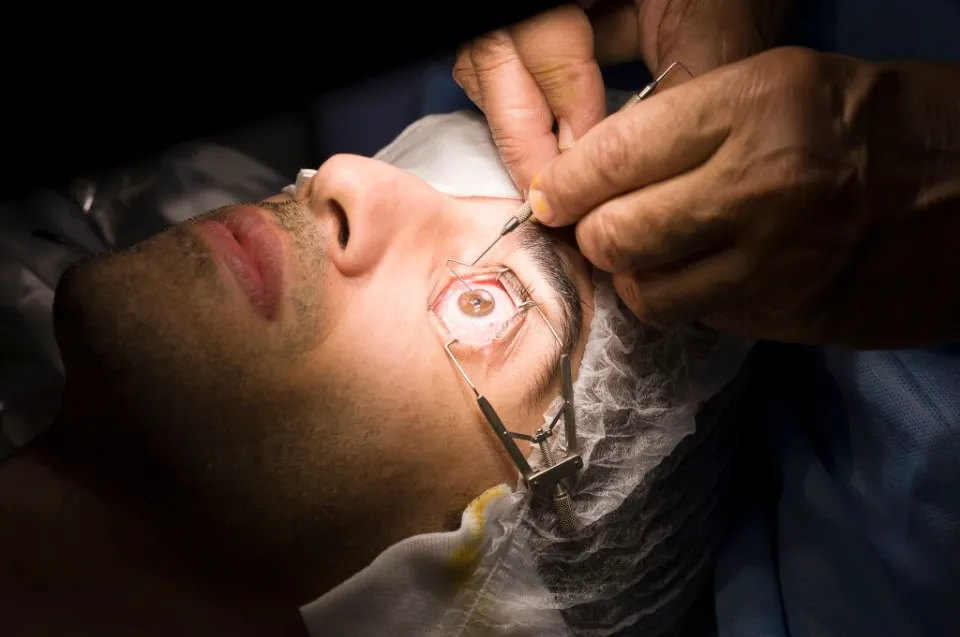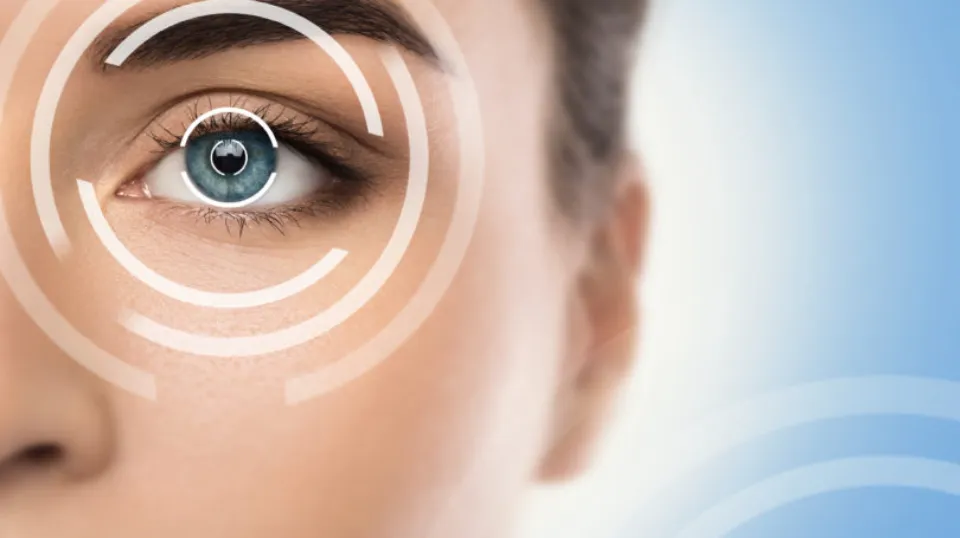The cornea is slightly reshaped during LASIK surgery by laser removal of corneal tissue to enhance vision. You can undergo this surgery to get rid of your bothersome contacts or glasses. Nevertheless, one of the first questions that many individuals have when thinking about LASIK surgery is, “Is LASIK eye surgery permanent?”
Keep reading to learn more about how long LASIK eye surgery lasts.
Related: How to Test for Cataracts: Things You Must Know – Elder VIP
How Long Does LASIK Last?
Short and Long-Term Results of LASIK
To answer the question of “how long does LASIK last,” we must look at the long-term and short-term LASIK results.
You can anticipate quick results from your LASIK procedure. Just 4 to 5 hours following surgery, you will notice an improvement in clarity. You can pick up where you left off with your regular activities once your eyes have rested for a day or two.
After ten years, though, a lot of people are curious about LASIK. Some people might experience some blurriness returning over time. This can be fixed but occasionally happens with aging-related changes.

Most people continue to experience LASIK’s effects indefinitely. After ten years, some people might require LASIK enhancement surgery. The cause of this can vary depending on the age at which LASIK was performed and the condition of one’s eyes.
Does LASIK Surgery Last Forever?
The quick and easy response is “yes.” Permanent laser vision correction techniques include LASIK, PRK, and SMILE.
Will I need to wear glasses again? is what a lot of people really want to know. That query has a more involved answer. Why? Because your eyes are a part of your body and, like the rest of your body, they age and undergo other changes that LASIK and other laser vision correction procedures cannot stop.
What Age to Get LASIK?
You may have noticed vision changes when you were younger, i.e. between the ages of 7 and 23. quite a few changes, perhaps. During this period, the eyes grow and mature just like the rest of the body. Furthermore, vision issues like astigmatism, nearsightedness, and farsightedness can change at the same rate as the eye itself. Young adults in their late teens and early twenties are often very interested in laser vision correction and some are told they need to wait until their prescription is “stable” – meaning their vision hasn’t changed in the past year. The body and the eyes go through a lot of changes in a relatively short amount of time as part of the maturing process.
Even so, as time passes, both the body and the eyes continue to change. For the majority of us, age-related changes don’t really start to matter until we turn 40. Most people start to notice their reading vision, or objects in the near range of vision, isn’t as sharp and clear as it used to be around the age of 40. The lens, which is the portion of your eye that is located behind the iris, has become older, which is the cause of this. Presbyopia is the term for these changes. Cataract is the medical term for the lens’ gradual stiffening and clouding. Age-related conditions like presbyopia and cataracts are common.
The next logical query might be, “Well, is it worthwhile to invest in laser vision correction now if I’ll need corrective lenses in my 40s?” Yes, there are many significant factors to take into account when determining how old you should be to get LASIK.
Importantly, laser vision correction procedures reshape the cornea, the visible portion of the eye, rather than the lens. The quality of your vision may be affected for years by that permanent reshaping.

Possible Issues With Results
Although LASIK is a very safe procedure, problems can still happen during surgery. Some of the most common issues include:
- Infection: A small chance of infection exists with every invasive surgery. But LASIK specialists work to reduce these dangers and guarantee a quick recovery.
- Over or under-correction: A patient’s eyes may occasionally be accidentally changed too much (or not enough) by a surgeon. Because of this, the patient might not have perfect vision after the procedure.
- Astigmatism: The shape of the eyeball may become asymmetrical if the tissue is not removed equally.
- Dry eye syndrome: Your eyes may occasionally fail to produce enough tears as a result of the surgery, leaving them dry and uncomfortable.
You could experience complications, but it’s extremely unlikely that you’ll lose a lot of vision. The majority of LASIK’s minor risks can be managed, leading to successful postoperative results.
Despite the fact that these problems might seem frightening, they are extremely uncommon. A good LASIK expert will walk you through all of your options and go over the procedure in greater detail.
Is It Still Worth Getting the Surgery?
Now that you know the answer to “how long does LASIK last?” and other facts about this surgery, you’re probably wondering if it’s worth it. For some patients, the results might not be long-lasting, but the procedure can enhance your vision over the long term.
Conclusion
Only 3.5% of LASIK patients required LASIK enhancement after 10 years, per a study that looked at the durability of the procedure. In most cases, an underlying condition like cataracts or presbyopia—which can affect vision over time and necessitate repeating LASIK surgery—will make it necessary to do so after 10 years. In some cases, LASIK may not be the best option for correcting vision changes. Your ophthalmologist will ultimately be able to advise you based on your circumstances.
FAQs
Should a 40 Year Old Get LASIK?
Being 40 or older doesn’t disqualify you from getting LASIK and enjoying the benefits. Adults with stable vision prescriptions for at least two years make the best LASIK surgery candidates.
Is It Better to Wear Glasses Or Get LASIK?
Although both LASIK and glasses can improve your vision, glasses will not keep your sight from getting worse. You will almost always require a new lens prescription every few years. This may end up costing a sizable sum of money. LASIK is undoubtedly more expensive up front than eyeglasses.



